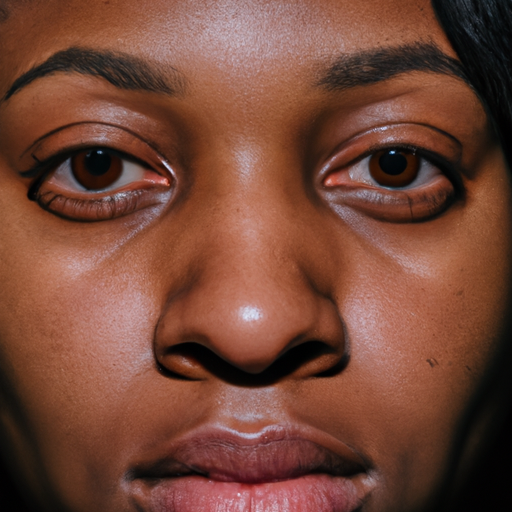As a seasoned dermatologist, I have encountered numerous patients struggling with dry skin. This common condition can be uncomfortable, causing itching, flaking, and even cracking. Fortunately, there are several effective strategies for combating dry skin that I’d like to share with you today. These are the secrets we dermatologists use to help our patients maintain healthy, hydrated skin.
Firstly, the importance of hydration cannot be overstressed. Drinking plenty of water is crucial for overall health and specifically beneficial for skin hydration. The recommended daily intake is about eight glasses, but this can vary depending on individual needs. Hydrated skin starts from the inside out.
Secondly, moisturizing is a critical step in your skincare routine. It’s essential to choose a moisturizer that suits your skin type. For dry skin, creams and ointments are more effective than lotions as they contain more oil, thus providing a stronger barrier against moisture loss. Look for products with ingredients like hyaluronic acid and ceramides, which help to retain water in the skin.
Applying moisturizer correctly also plays a role in its effectiveness. The best time to apply is immediately after bathing or showering when your skin is still damp. This helps to lock in the moisture that’s already on your skin.
Thirdly, be mindful of the soaps and cleansers you use. Harsh soaps can strip away natural oils from your skin, exacerbating dryness. Opt for gentle, fragrance-free cleansers and avoid deodorant soaps or products containing alcohol, which can be drying.
Exfoliation is another key aspect of skincare that is often overlooked when dealing with dry skin. While it might seem counterintuitive to scrub away at already dry skin, gentle exfoliation can actually help by removing dead skin cells, allowing moisturizers to penetrate more deeply and work more effectively.
Your environment also plays a significant role in your skin’s moisture levels. During winter or in dry climates, the air can draw moisture from your skin, leading to dryness. Using a humidifier in your home can help maintain a more skin-friendly level of humidity.
Lastly, it’s important to protect your skin from the sun. While we often associate sun damage with oily, sunburnt skin, the truth is that UV rays can also significantly dry out your skin and damage its ability to retain moisture. Always apply a broad-spectrum sunscreen with an SPF of at least 30, even on cloudy days.
In conclusion, combating dry skin involves a combination of internal hydration, careful selection and application of skincare products, gentle exfoliation, and environmental considerations. It’s also important to remember that everyone’s skin is different. What works for one person may not work for another. If you’re struggling with persistent dry skin, it might be time to consult a dermatologist who can provide personalized advice based on your specific needs. Remember, healthy skin is not just about looking good; it’s an essential part of overall well-being.



